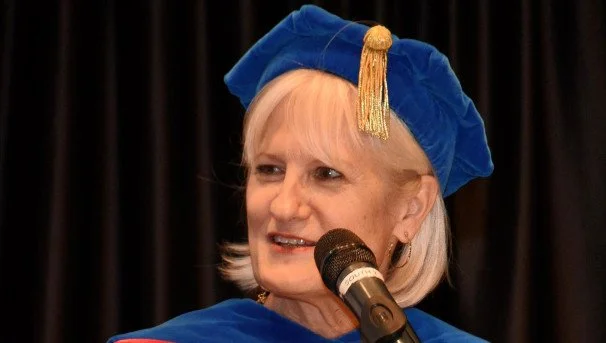1. 4 Romance Myths Couples Should Bust: Les and Leslie Parrott begin here, “Couples need to know that being in love does not mean their expectations align. In fact, each individual’s expectations may lead to tension down the road.”
2. If Necessary, You Have Been Grieved: D. Eaton reminds us that God has purposes for our trials. He says, “God never afflicts us without cause. He is always doing a good work.” There is so much encouragement for sufferers, here.
3. Pastoral PTSD: This podcast is helpful not just for pastors, but congregants too. Jeff Medders considers the ongoing impact conflict, stress, and other ministry hazards can have on the mind, soul, and body of the local pastor. I was grateful for his encouragement to both pastors and congregants near the end.
4. Music Maps: Stuck in a music rut? This is a great website to discover artists you might not find otherwise. Do you love Lauren Daigle? Maybe you will like Moriah Peters or Capital Kings. Is Frank Sinatra your favorite? Have you listened to the Inkspots or Sarah Vaughan? Is Ed Sheeran your jam? Give Birdy or Greg Holden a try.
5. 2021 Comedy Wildlife Photography Awards: This is sure to make you smile. I love #11 “Houston We’ve Had a Problem”—the expression on that poor fish is priceless. What’s your favorite?











